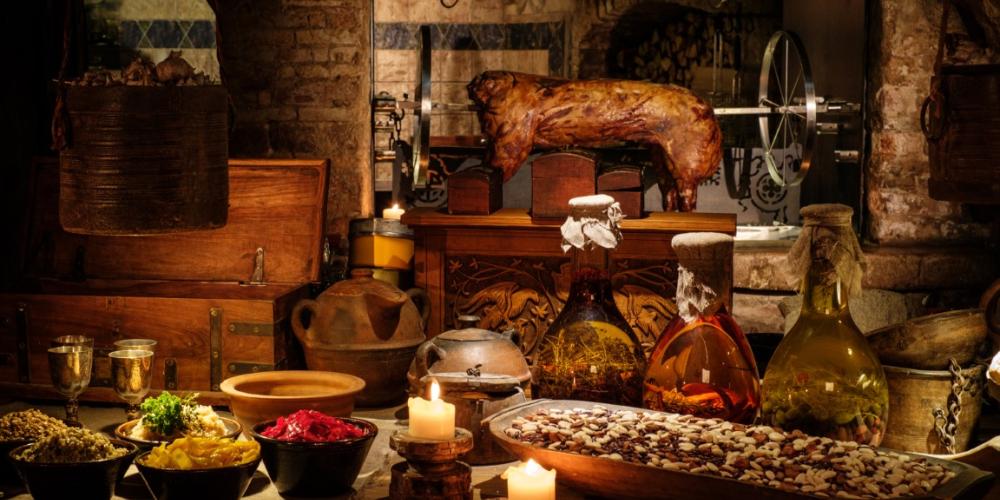Dr. Marieke Hendriksen
Huygens Institute for Dutch History
Food history as history of knowledge: opportunities and challenges
For additional details, please go here.
When:
27 March, 2024: 16:15 – 17:45
Where:
VUB Main Campus Etterbeek
Pleinlaan 2
1050 Elsene
Gebouw C, room C4.09
*Free of charge*
The Vrije Universiteit Brussel and Professor Cornelis J. Schilt invite you to an exclusive lecture by Dr. Marieke Hendriksen on the interplay between science, history, arts and our knowledge about food.
Work focusing on the history of food as a history of knowledge is almost non-existent. Food studies scholars have devoted some attention to the history of preservation methods and to the effects of the Columbian exchange on diets and food preferences, but the food practices and knowledge that made this exchange possible have not been studied. Dr. Henriksen argues that we should develop a food knowledge history that builds on, contributes to, and goes beyond the existing discourse in food studies, and discuss what the opportunities and challenges of developing such a history are.
Dr. Marieke Hendriksen is a historian of science and art. She is senior researcher and head of the department of Knowledge & Art Practices at the Huygens Institute for Dutch history in Amsterdam. She leads the NWO project Tastes of the Past and the ERC consolidator project PRESERVARE: Large-scale conservation of perishable foodstuffs in the Low Countries, 1600-1800.
This lecture and debate are an initiative by historian of knowledge, philosopher and ERC laureate Cornelis J. Schilt. With the lecture series Knowledge in International Perspective, he goes in search of the origins of our contemporary knowledge and its applications. He invites leading international scientists to take us back in time and elaborate on the development of our knowledge in various fields: history, philosophy, art sciences, natural sciences, medicine, artificial intelligence and more.
This initiative is part of the public programme of VUB: a programme for everyone who believes that scientific knowledge sharing, critical thinking and dialogue are an important first step to create impact in the world.
